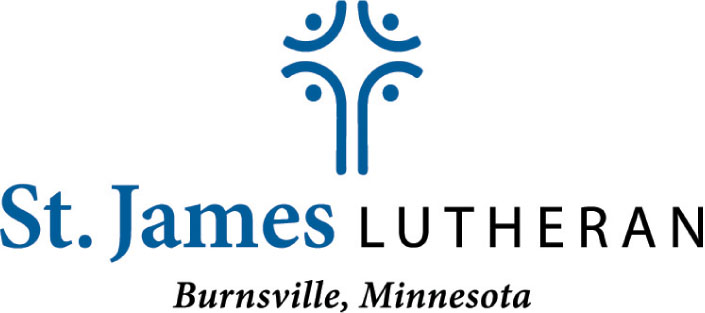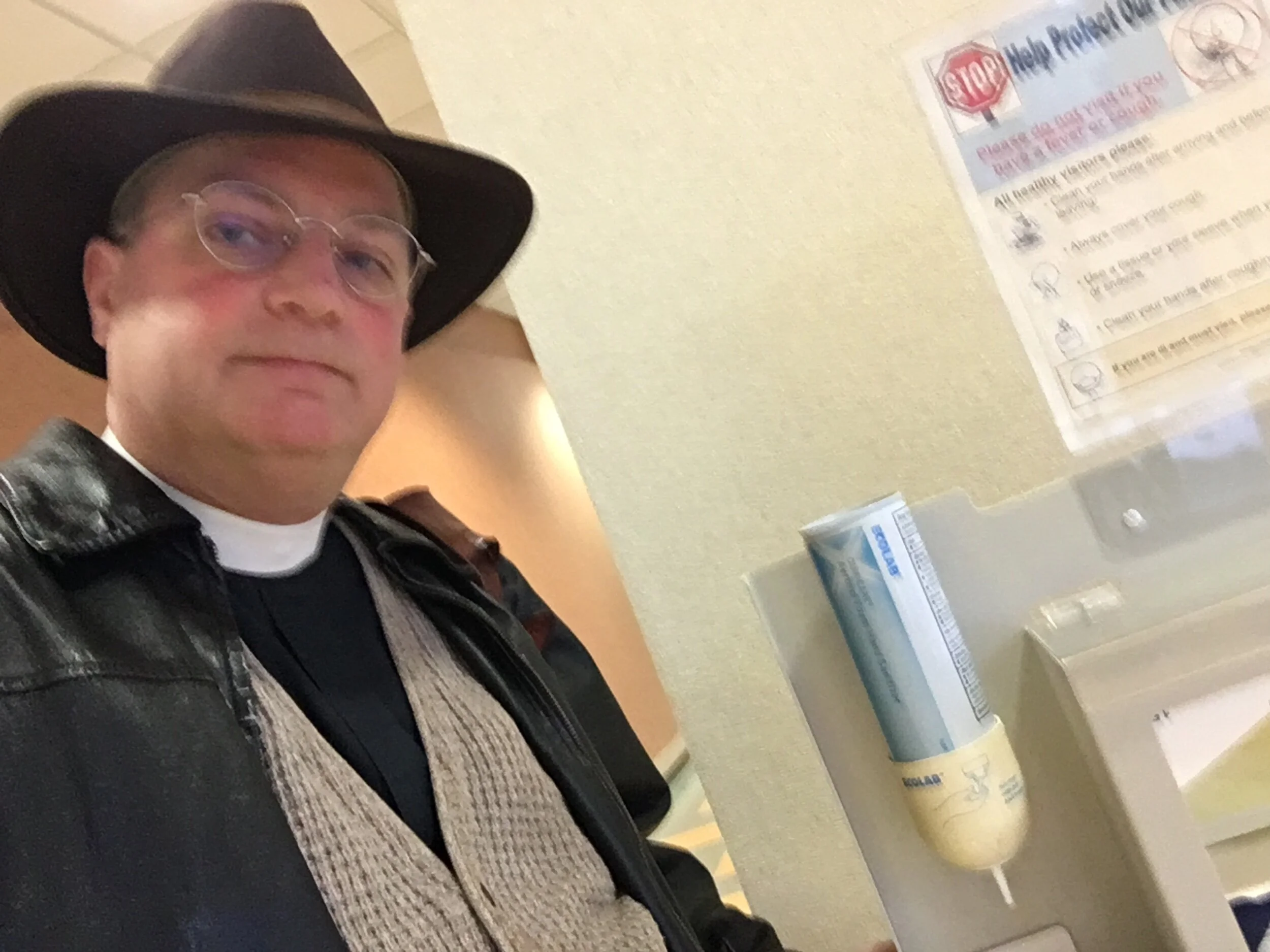I wrote the following article for the Savage Pacer. It was published on Friday, March 6, 2020. It also appeared in the PL American. I offer it here in case you don’t get these newspapers - Pastor Walt
At the time of writing, according to the World Health Organization, over 3,123 people have died as a result of COVID-19. To say that the coronavirus has raised alarms would be an understatement. With over 91,783 confirmed cases in 74 countries, it is a global health crisis that is affecting families, livelihoods, travel, and financial markets across continents and oceans. There is a particularly negative impact on the most vulnerable members of the global community.
An international scramble is underway to contain the spread of the devastating virus. Although health officials have made some progress in halting the disease, things continue to escalate. With each day, there is a report of another case in another country.
I have noticed two reactions to the news of this viral threat. On the one hand, some folks are minimizing the danger and cost. Dismissive is their approach. It is no big deal—nothing about which to worry. We are safe. It is a problem "over there" in other areas of the world. As long as our stock market recovers, there is no real harm. They disregard the fact that there is no proven cure or vaccine.
On the other hand, others are panicking. Fear has escalated and distorted reality. The world is coming to an end! Time to stay indoors, buy up all the surgical masks we can, and remain glued to our round-the-clock internet news channels. Everyone is to take care of themselves and find cover in some hole until the plague passes over.
I wonder if there isn't some balance that we can find between these extremes. As a person of faith, how can I reframe the question, 'what do we do?' Over my years serving as a pastor, I have noticed that medical emergencies, whether global or personal, have a spiritual dimension. Whenever we talk about life, death, fear, injustice, compassion, and care, we are dealing with matters that are at the heart of religious faith. What is more, our belief in God can be a valuable resource in times of trouble. Let me offer three ways that people of faith can respond to the scary news that we face regarding COVID-19: prayer, precaution, and partnership.
Prayer. Amid uncertainty and fear, it is good to stop and take a prayer-filled breath. Invite the presence of God into our moment of need. There are all sorts of ways to do this. Some will use time-honored prayers that go back to childhood. Others will enter prayer using meditative practices that focus on silence and breathing. Whatever works for you.
If you don't have a way of praying that connects you with the presence of God, then perhaps this is an opportunity to learn. Find a friend that prays. Ask them how they do it. Or, stop by a local church, synagogue, or mosque and ask someone to show you how.
Prayer can provide a way of centering our focus beyond ourselves. Through it, we seek a connection with the source of life that transcends all struggles. Christian prayer reaches out to God through the lens of a cross, whereon God suffers alongside humanity. Prayer can have a calming and mobilizing effect. It can push back the crippling impact that fear has. Instead of cowering, through prayer, we can find the courage to be available to others that need us.
In the case of this virus, my prayer has focused on those who are suffering. I pray for the victims and their families living in faraway places. I also remember health workers, government officials, and scientists who are on the front lines trying to contain the spread and find a cure. Through prayer, I find myself connected to them, to our common humanity, and to the Creator of us all. Connected, I am in a place that is cooperative and available to do my part to help out.
Precaution. From the place of awareness, I can take simple steps to be part of the solution. Regular handwashing is something that we should be doing anyway. It is proven to keep us healthy throughout the year and especially during flu season. Adding to twenty seconds of soap and water, the use of hand sanitizer can stop contamination. Other precautions, such as staying homes if we are sick, or making sure to cover a cough, are just common sense. If we are ill, time to see our doctor. It is not only the smart thing to do; we have a spiritual responsibility to care for God's creation, of which our neighbors and we are part.
Partnership. From the place of prayerful awareness and precaution comes working together with others toward cooperative solutions. COVID-19 reminds us that we live in webs of interconnectedness that span the globe. We are not alone on this planet. A person who sneezes in China can impact our lives in Minnesota. How can we embrace this reality? How can we learn to think across political, national, and cultural divides? What would it take for us to acknowledge that we are all human creatures sharing a precious and fragile biosphere known as the earth? Again, these questions have spiritual elements. Each of the world's religions seeks peace among people. Leaning into the wisdom of those who work and pray for shalom, we discover that we share common roots and identity as children of God.
Praying, precautions, and partnerships will not only help us through this time of concern, but it will bring us closer together as a community. It is an opportunity for us to care and focus a little more on each other. In the process, we might find the strengthening of our spirits.

